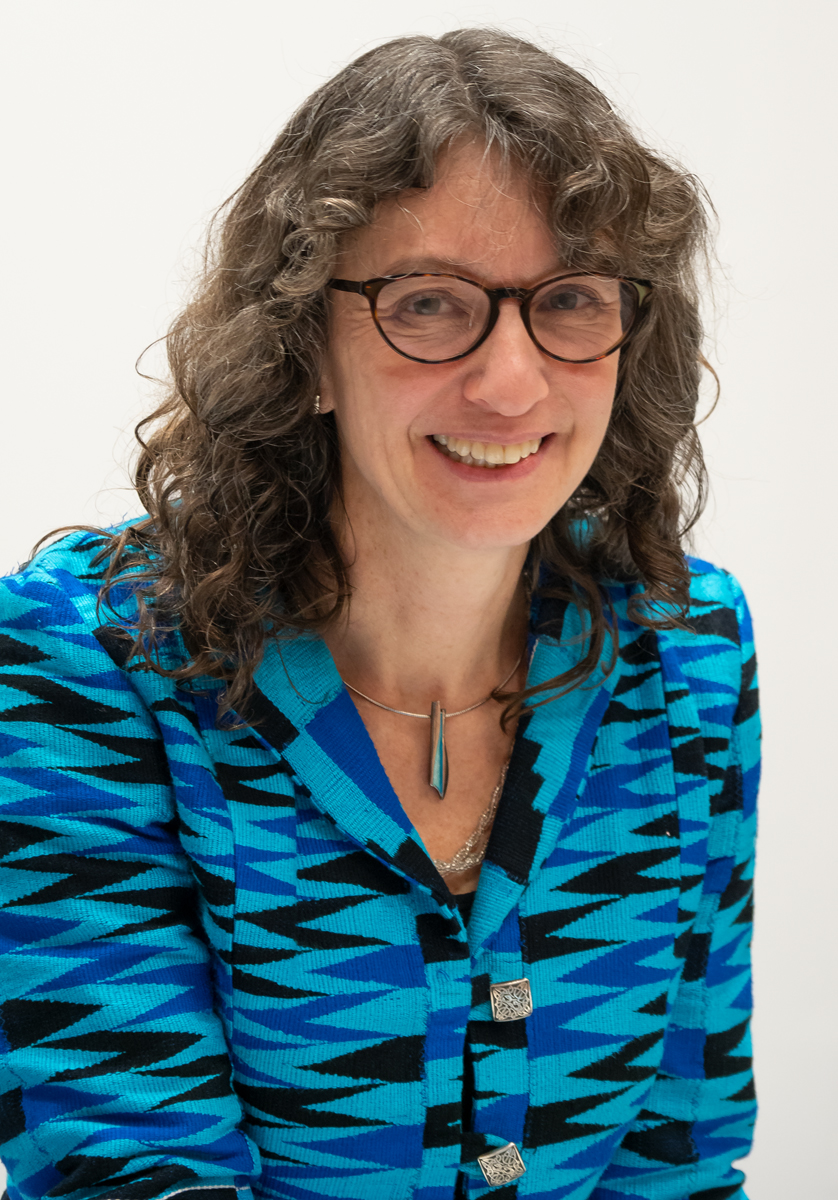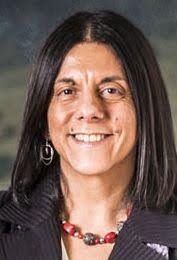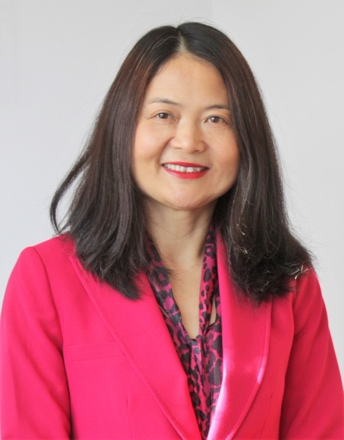MIC Symposium 2024
Multiple Perspectives on Multilingualism and Intercultural Communication
October 17, 2024- October 18, 2024
Featuring
Alison Phipps (University of Glasgow), Antonella Sorace (University of Edinburgh), Guofang Li (University of British Columbia), & Michael Newman (Queens College)
See All VideosFormat
The event consists of a lecture in the morning and two lectures following in the afternoon, featuring Alison Phipps (Loredana Polezzi, chair), Guofang Li (Yi Wang, chair), and Antonella Sorace (Jiwon Hwang, chair), respectively on Thursday, Oct. 17. On the next day, Friday, Oct. 18, the event involves one lecture featuring Michael Newman (Joy Janzen, chair).
For each of the presentations, there is a chair/discussant, who will introduce the speaker, provide a brief response after the presentation, and moderate audience Q&A. Each lecture is allocated 45-50 minutes and is followed by a 15-minute discussion period.
Time & Location
Thursday, Oct. 17, 2024, 9:30 am-5:00 pm
| Locat | Watch Video | ||||
|---|---|---|---|---|---|
| Talk I | Alison Phipps | Loredana Polezzi | 9:45am-11:00am | Wang Lecture Hall #2 | Watch Video |
| Talk II | Guofang Li | Yi Wang | 2:00pm-3:15pm | Wang Lecture Hall #2 | Watch Video |
| Talk III | Antonella Sorace | Jiwon Hwang | 3:45pm-5:00pm | Wang Lecture Hall #2 | Watch Video |
Friday, Oct. 18, 2024, 11:00 am-12:15 pm
| Locat | Watch Video | ||||
|---|---|---|---|---|---|
| Talk IV | Michael Newman | Joy Janzen | 11:00am-12:15pm | Wang Center Room 301 | Watch Video |
If you need special accommodation, please contact chikako.nakamura@stonybrook.edu
Alison Phipps
 University of Glasgow
University of Glasgow
Alison Phipps is UNESCO Chair in Refugee Integration through Languages and the Arts at the University of Glasgow and Professor of Languages and Intercultural Studies. She was De Carle Distinguished Visiting Professor at Otago University, Aotearoa New Zealand 2019-2020, Thinker in Residence at the EU Hawke Centre, University of South Australia in 2016, Visiting Professor at Auckland University of Technology, and Principal Investigator for AHRC Large Grant ‘Researching Multilingually at the Borders of Language, the body, law, and the state’; for Cultures of Sustainable Peace, and is now co-Director of the Global Challenge Research Fund South-South Migration Hub. She is an Ambassador for the Scottish Refugee Council. She received an OBE in 2012 and an Honorary Doctorate from the University of Edinburgh in 2023. She is an academic, activist, educator and published poet and a member of the Iona Community.
Enabling Environments, Fugitive Spaces, and Restorative Practices for Intercultural Dialogue and Linguistic Justice:
Continue Reading...Antonella Sorace
 University of Edinburgh
University of Edinburgh
Antonella Sorace is Professor of Developmental Linguistics at the University of Edinburgh and Honorary Professor at University College London. She is internationally known and has published widely on gradience in natural language and bilingualism across the lifespan, where she brings together methods from linguistics, experimental psychology, and cognitive science. She is also committed to bringing research on bilingualism to people in different sectors of society: she is the founding director of Bilingualism Matters (www.bilingualism-matters.org), a non-profit public engagement organisation which currently has a large international network in four different continents.
The ecology of L2 learning and L1 change in bilingualism:
Continue Reading...Guofang Li
 University of British Columbia
University of British Columbia
Dr. Guofang Li is Professor and Tier 1 Canada Research Chair in Transnational/Global Perspectives of Language and Literacy Education of Children and Youth, University of British Columbia. Her research interests span longitudinal studies of bilingualism, new literacies and technology-enhanced language teaching, language teacher education, and language and educational policies in globalized contexts. Li’s recent works include Handbook on Promoting Equity in Education for Inclusive Systems and Societies (2024, Routledge), Superdiversity and Teacher Education (2021, Routledge), Languages, Identities, Power and Cross-Cultural Pedagogies in Transnational Literacy Education (2019, SFLEP), and Educating Chinese-heritage Students in the Global-Local Nexus: Identities, Challenges, and Opportunities (2017, Routledge).
Monolingual Habitus Reproduction and Multilingual Children’s Monolingual Becoming:
Continue Reading...Michael Newman
 Queens College
Queens College
Michael Newman is Professor and Chair of the Department of Linguistics and Communication Disorders at Queens College/CUNY. His research focuses on the sociolinguistics of immigration in New York and Barcelona. He is the author of articles in Language Variation and Change, Language in Society, Journal of Sociolinguistics, American Speech, and other journals as well as three books including New York City English, part of the DeGruyter’s English Dialects series.
Language accent and race in the history of New York City English:
Continue Reading...